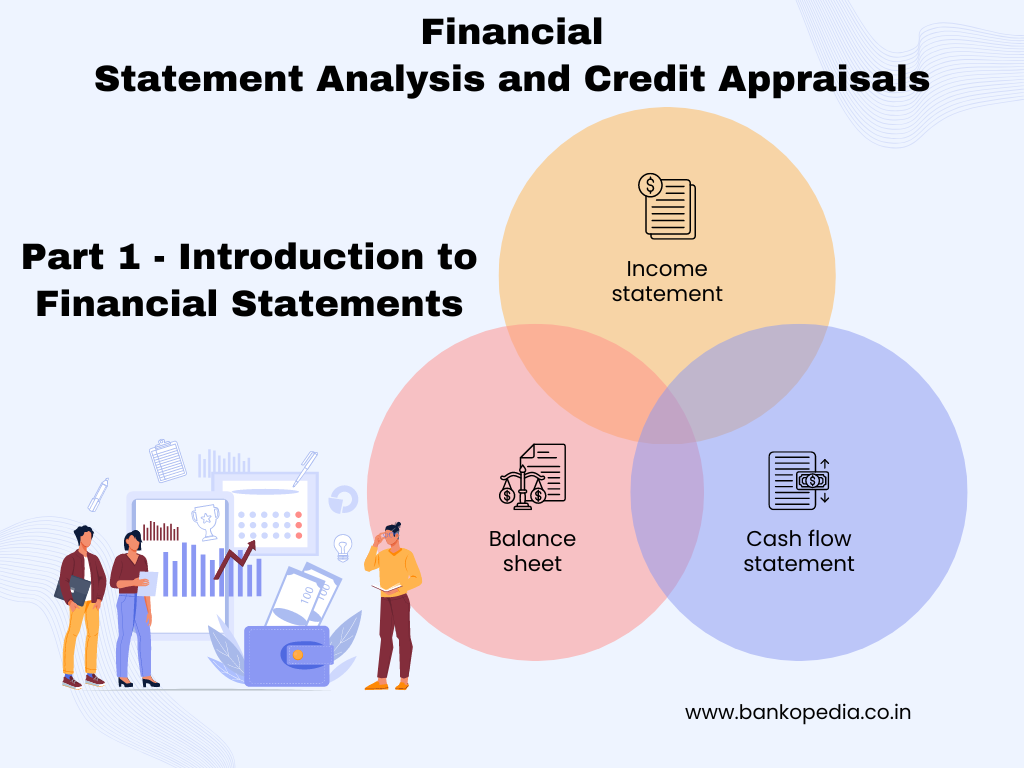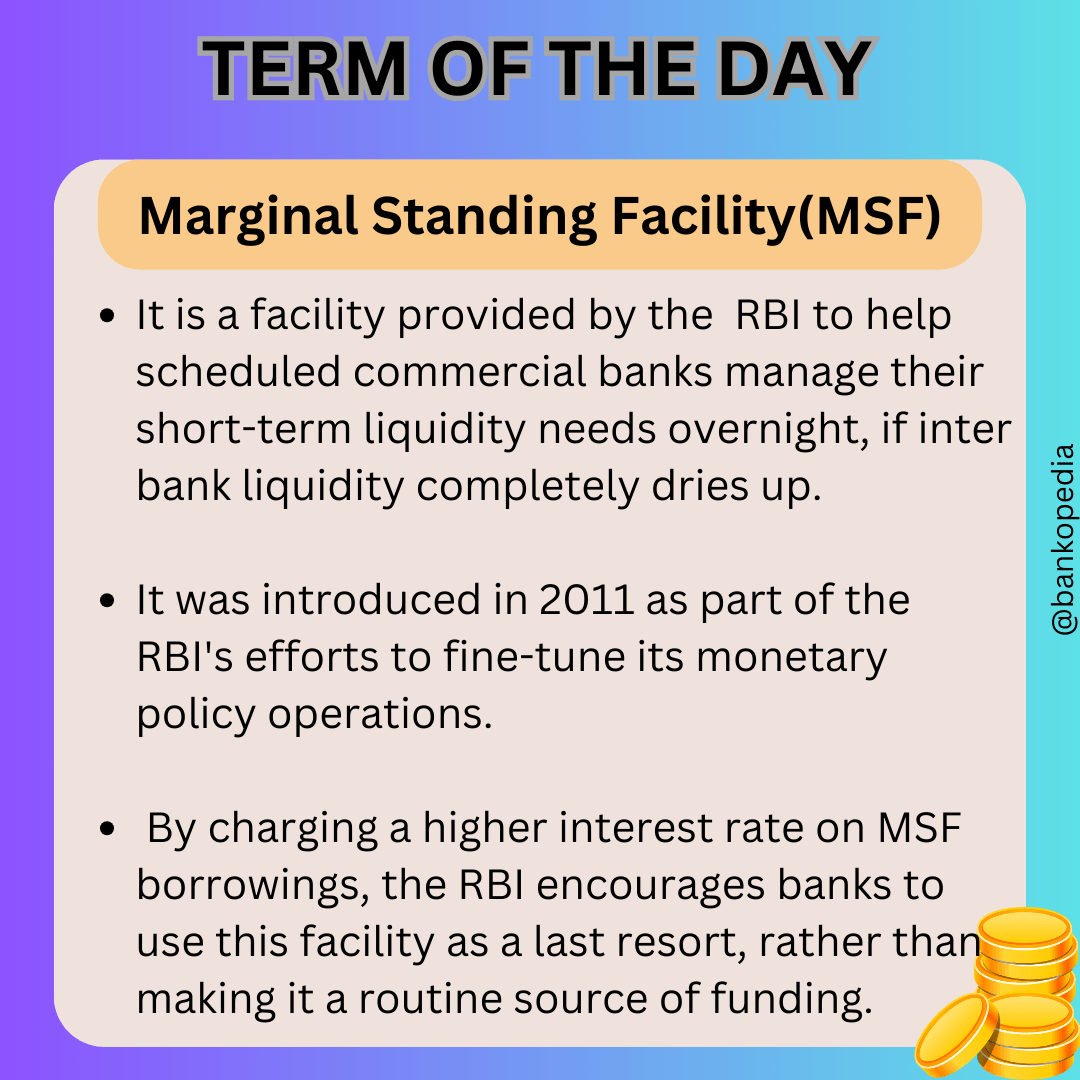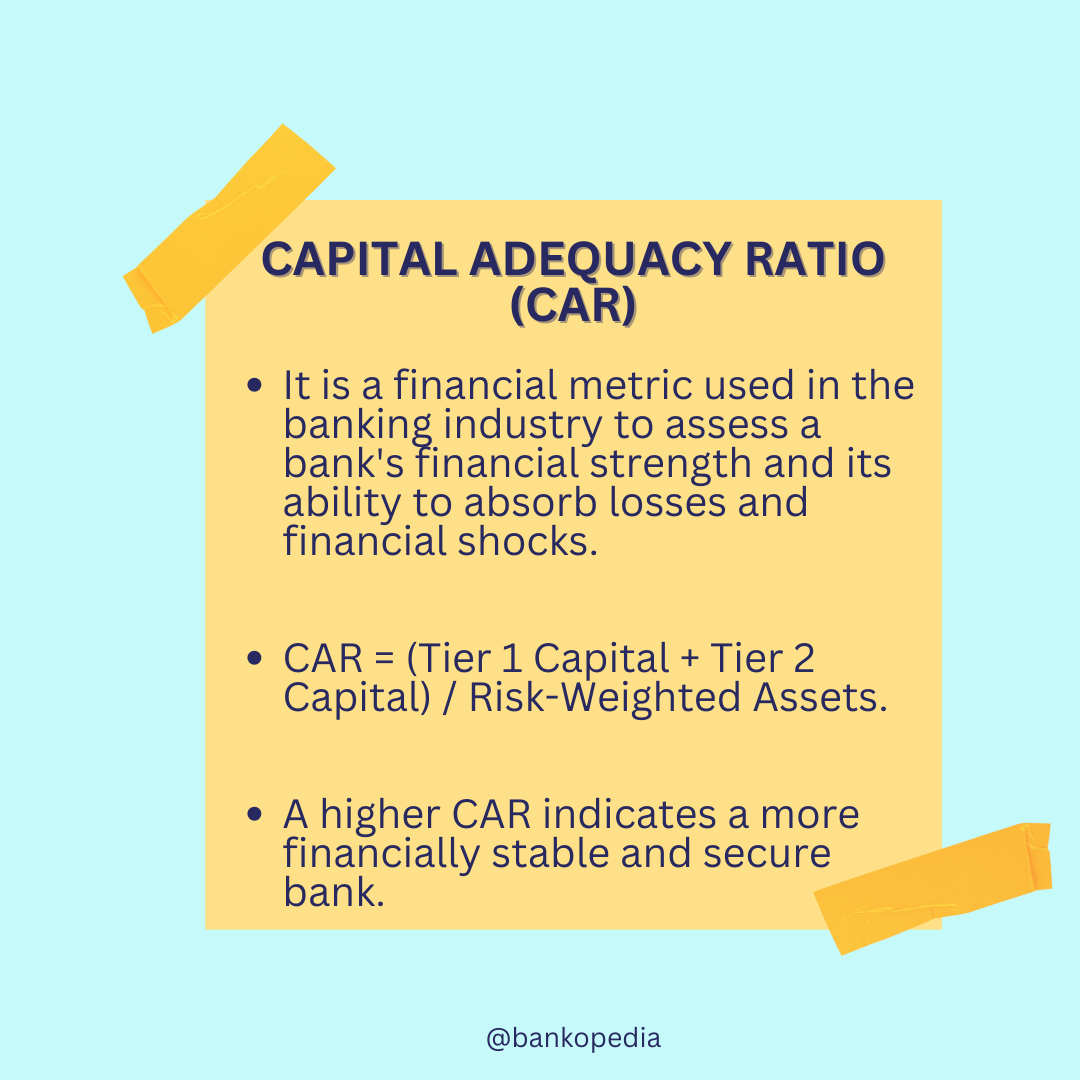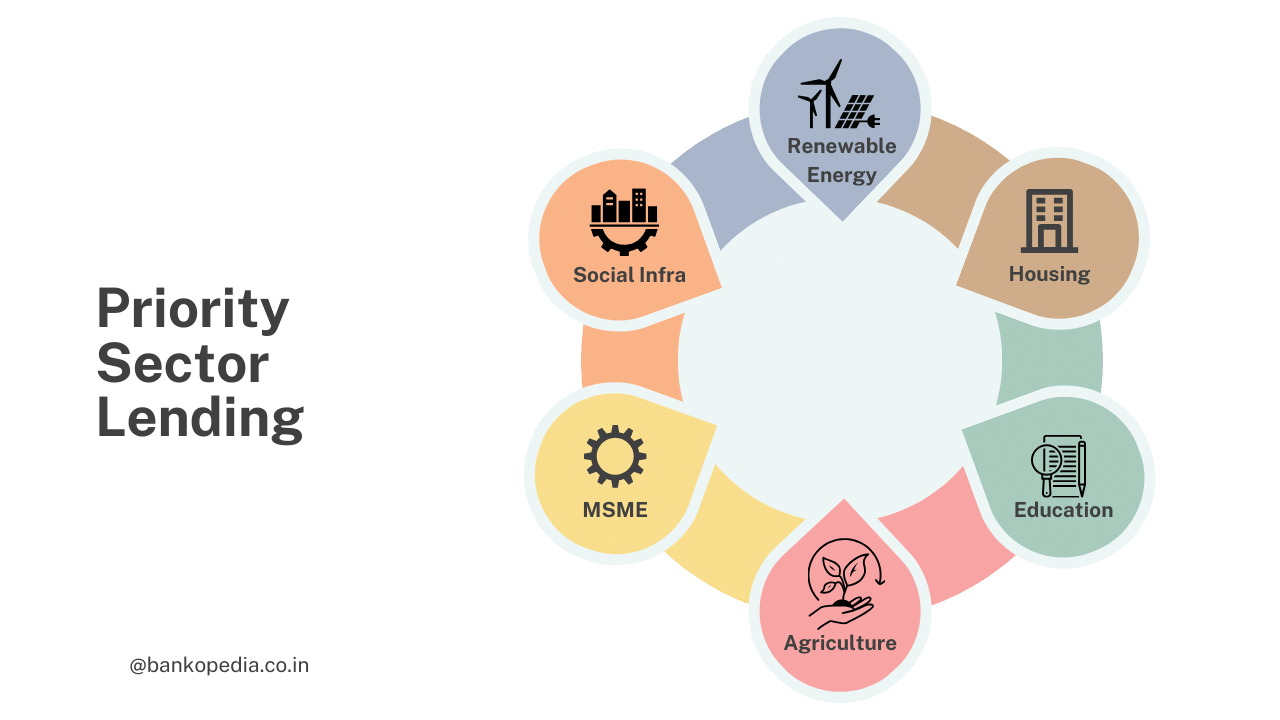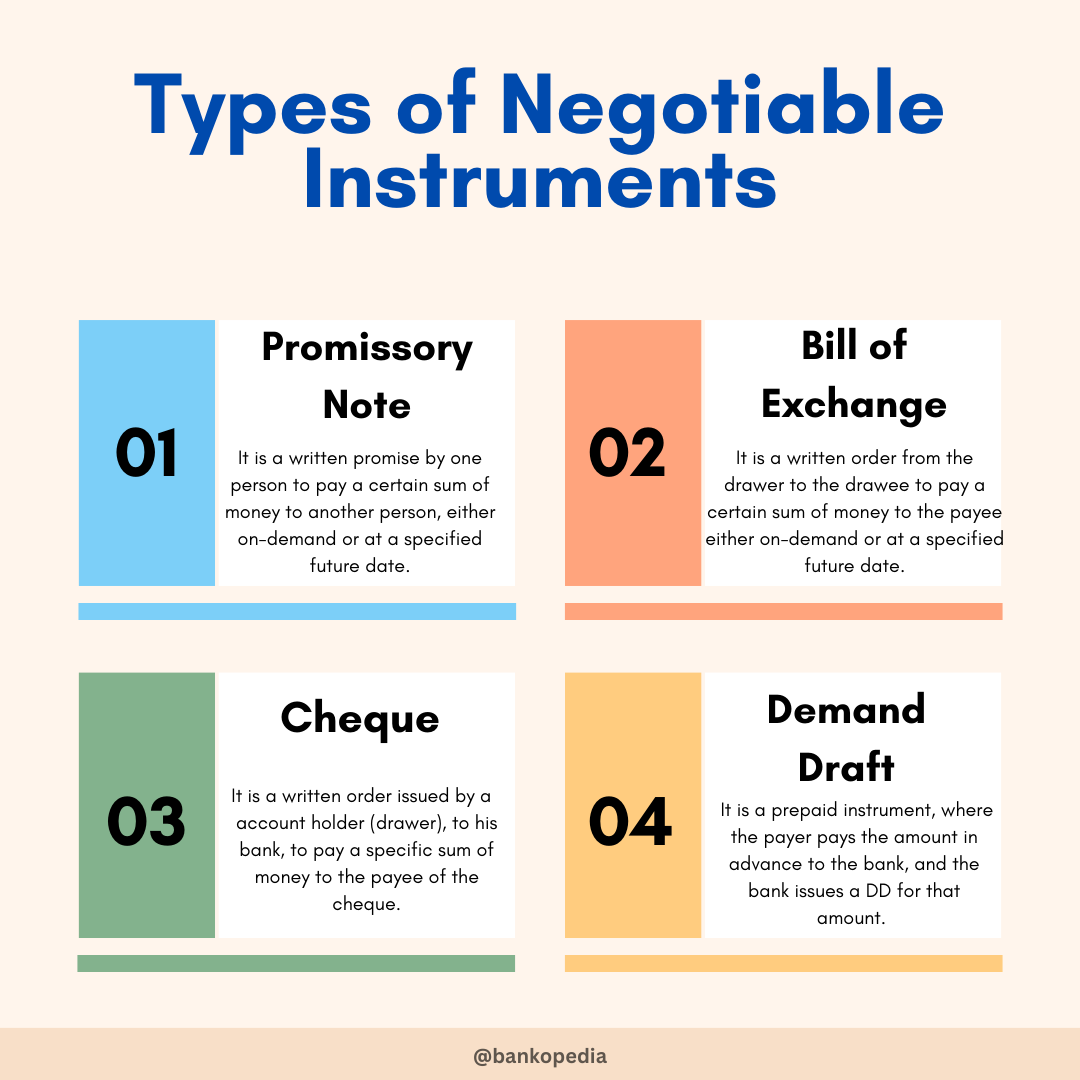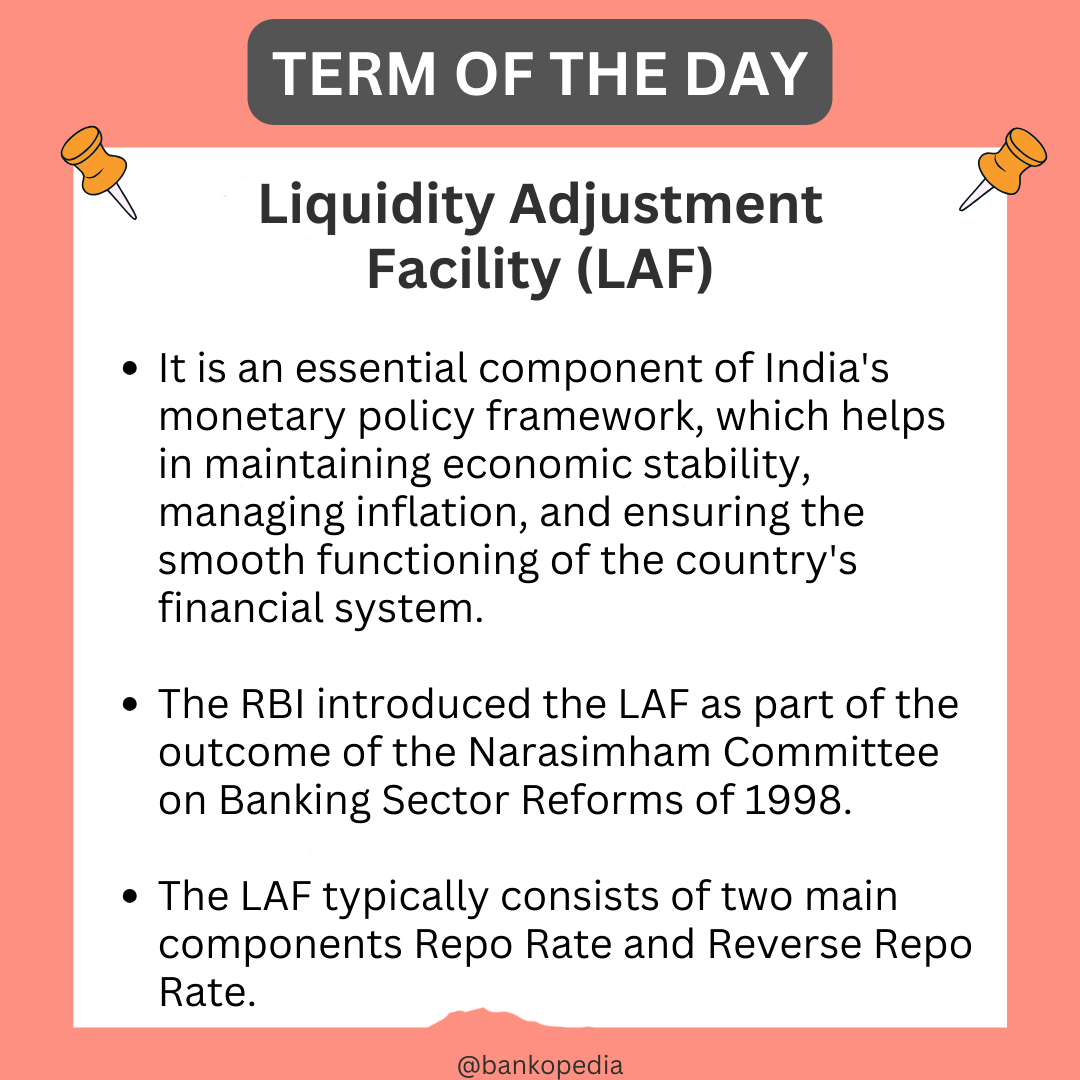Table of Contents
Introduction
Fiscal policy plays a crucial role in shaping the economic landscape of any country, including India. In this blog post, we will explore the concept of fiscal policy and its implications on the Indian economy.
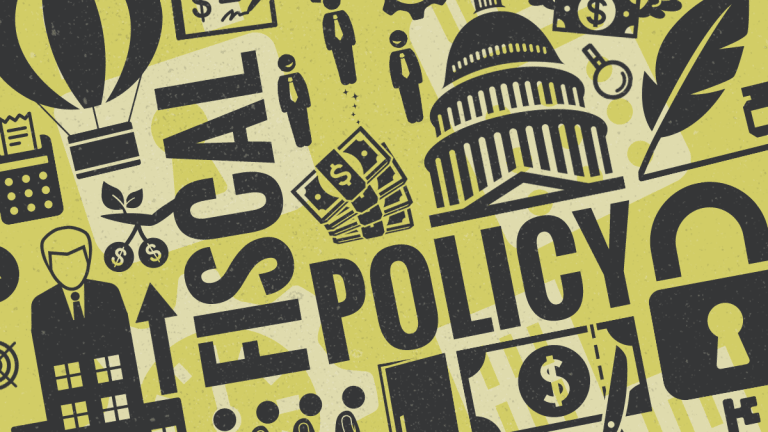
What is Fiscal Policy?
Fiscal policy refers to the government’s use of taxation and expenditure to influence the economy. The objective of fiscal policy is to achieve economic stability, promote economic growth, and address socio-economic challenges.
Fiscal Policy in India
India’s fiscal policy is formulated and implemented by the Ministry of Finance. The key components of India’s fiscal policy include taxation, government spending, and public debt management.
Taxation: The government of India collects taxes from individuals and businesses to generate revenue. The tax structure in India comprises direct taxes (such as income tax) and indirect taxes (such as goods and services tax). The government uses tax revenues to fund its expenditures.
Government Spending: The government allocates funds for various sectors such as education, healthcare, infrastructure development, defense, and social welfare schemes. Government spending has a multiplier effect on the economy as it stimulates demand and creates employment opportunities.
Public Debt Management: The government borrows money through the issuance of bonds and treasury bills to finance its expenditure. Effective management of public debt is crucial to maintain fiscal discipline and avoid excessive borrowing.
Implications on the Indian Economy
Fiscal policy has several implications on the Indian economy:
- Economic Growth: A well-designed fiscal policy can stimulate economic growth by promoting investment and consumption. By increasing government spending on infrastructure projects, the government can create jobs and boost economic activity.
- Inflation: Fiscal policy can impact inflationary pressures in the economy. Increased government spending without a corresponding increase in revenue can lead to inflation as demand exceeds supply. On the other hand, contractionary fiscal policy measures can be used to control inflation.
- Income Distribution: Fiscal policy can be used to address income inequality by implementing progressive taxation and social welfare measures. By redistributing wealth, the government can reduce poverty and promote social justice.
- Investment Climate: Fiscal policy measures such as tax incentives and subsidies can influence the investment climate in the country. By providing tax breaks to certain industries or regions, the government can attract investment and promote economic development.
- Fiscal Deficit: Fiscal policy has implications on the fiscal deficit, which is the gap between government expenditure and revenue. A high fiscal deficit can lead to increased borrowing, which can have long-term implications on the economy.
Conclusion
Fiscal policy plays a crucial role in shaping the Indian economy. By effectively managing taxation, government spending, and public debt, the government can promote economic growth, address socio-economic challenges, and ensure fiscal discipline. It is important for policymakers to formulate and implement fiscal policies that are aligned with the long-term goals of the country.
